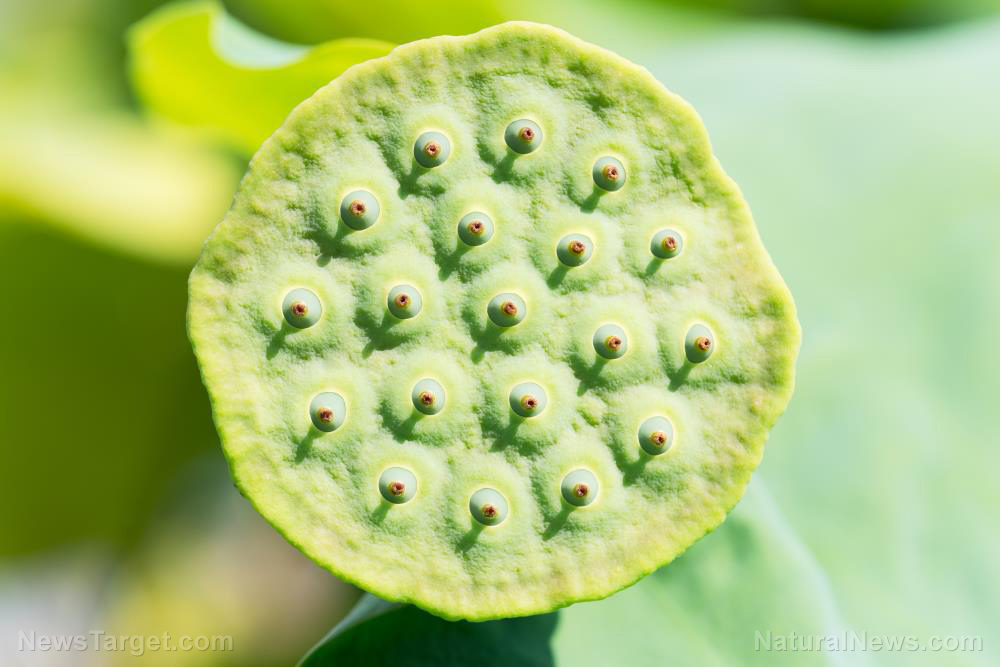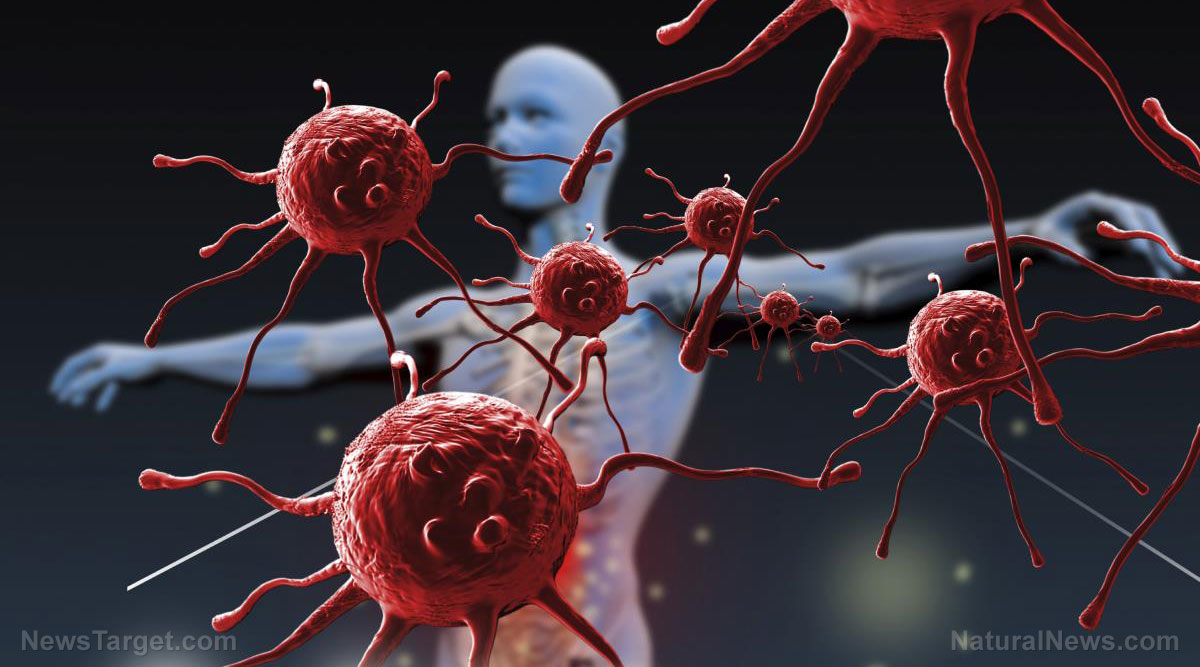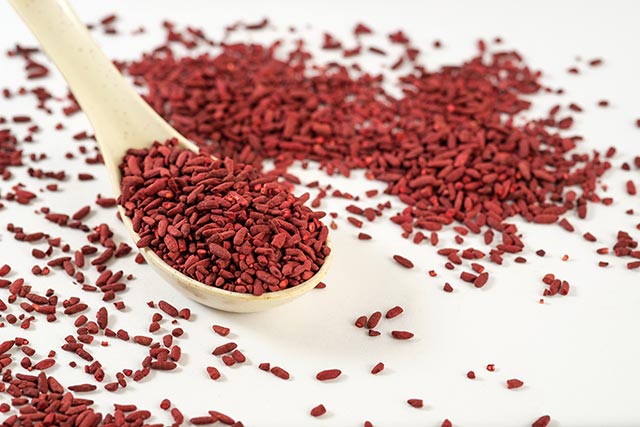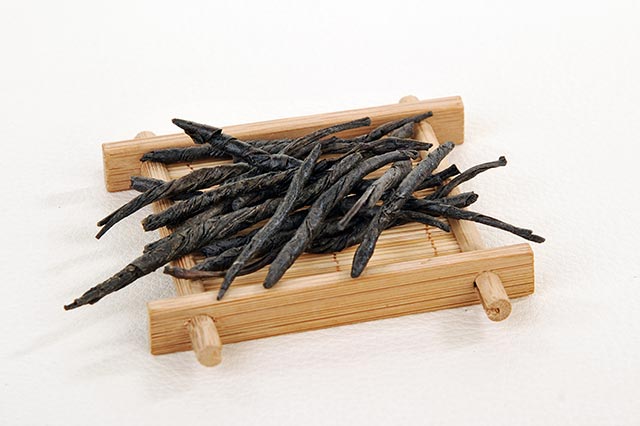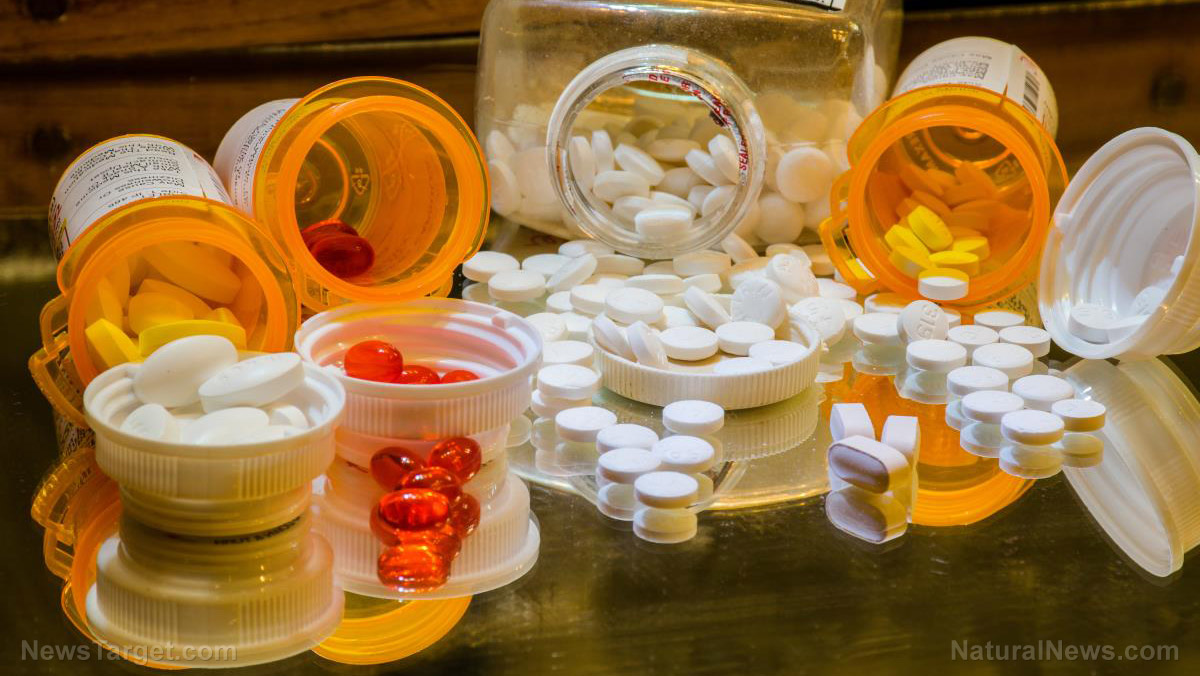Binge-drinking among millennials linked to skyrocketing rates of liver disease
11/30/2019 / By Darnel Fernandez

The liver is one of the most resilient organs in your body, due to its unique ability to regenerate new and healthy tissue to replace damaged ones. This is important because the liver plays a major role in the body’s metabolic functions like breaking down substances and eliminating toxins from the body. Also, it even helps the immune system fight against infections and creates proteins responsible for blood clotting. However, experts warn of a rising health crisis regarding the liver – all fueled by the binge-drinking culture of millennials.
Limit your drinking to keep your liver healthy
According to a report by the Centers for Disease Control and Prevention (CDC), around 37 million Americans, or 17 percent of the population, are reported to binge-drink – which is defined as consuming at least four or more drinks in one sitting for women and five or more drinks for men. Binge-drinkers consume an average of seven drinks per session, which is equivalent to more than 17 billion drinks consumed during these binge episodes nationwide.
This proves to be a problem for the liver as excessive alcohol drinking has been associated with debilitating liver disease.
“If we don’t address this public health problem early, then 10, 15, or 20 years from now we’re going to see many people with end-stage liver disease due to alcohol,” Dr. Robert Wong, a liver specialist at Highland Hospital in California. “It could be a huge economic burden for the U.S.”
A recent study, which was published in the Journal of the American Medical Association, found that alcohol-related liver disease cases have spiked, affecting as much as 4.7 percent of adults in the year 2015 to 2016. The researchers also saw an increase in liver fibrosis cases. This finding is alarming because developing fibrosis could indicate progress toward liver cirrhosis, liver cancer and even death.
Sponsored: NEW Biostructured Silver First Aid Gel created by the Health Ranger combines three types of silver (ionic silver, colloidal silver, biostructured silver) with seven potent botanicals (rosemary, oregano, cinnamon and more) to create a breakthrough first aid silver gel. Over 50 ppm silver, verified via ICP-MS lab analysis. Made from 100% Texas rain water and 70% solar power. Zero chemical preservatives, fragrances or emulsifiers. See full details here.
Another study published in The BMJ looked into the mortality rate of liver diseases. Elliot Tapper, alongside his team of researchers, found that mortality due to cirrhosis has been increasing over the years and that the biggest increase of cirrhosis-related deaths was among people between the ages of 25 and 34.
“The kind of person we’re taking care of now is much younger than it was when we were in training or what you’d expect from a textbook,” said Tapper. “Every other room will have someone in their 20s or 30s who’s dying of liver failure.”
Both Wong and Tapper suggested that millennials should stop drinking too much alcohol and start taking good care of themselves, especially their liver. While the liver can regenerate, it will take time before it functions normally again.
Start eating more of these liver-healthy foods
Aside from limiting alcohol consumption, add these liver-friendly foods to your diet and reap their protective qualities. (Related: What you should be eating to avoid liver disease.)
- Fatty fish. Fatty fish like salmon and tuna are packed with omega-3 fatty acids, which are popular for having potent anti-inflammatory effects, which can be beneficial for the liver. A study published in the World Journal of Gastroenterology found that it can prevent fat buildup and regulate enzyme levels.
- Coffee. Drinking a cup of coffee a day can actually help you protect your liver from disease. Studies have shown that this hot beverage can lower the risk of cirrhosis in people with chronic liver disease. In addition, coffee consumption can lower mortality risk in those with chronic liver disease.
- Grapefruit. These fruits contain antioxidants that assist in protecting the liver, namely naringenin and naringin. The antioxidants in grapefruit can reduce the development of hepatic fibrosis.
It is important to address these risk factors for liver disease as early as possible so people won’t develop any long-term damage to the liver. Limit your drinking and eat protective foods to keep your liver healthy.
Sources include:
Tagged Under: Alcohol, alcoholic liver disease, alcoholism, binge drinking, cirrhosis, fibrosis, Liver cancer, liver damage


